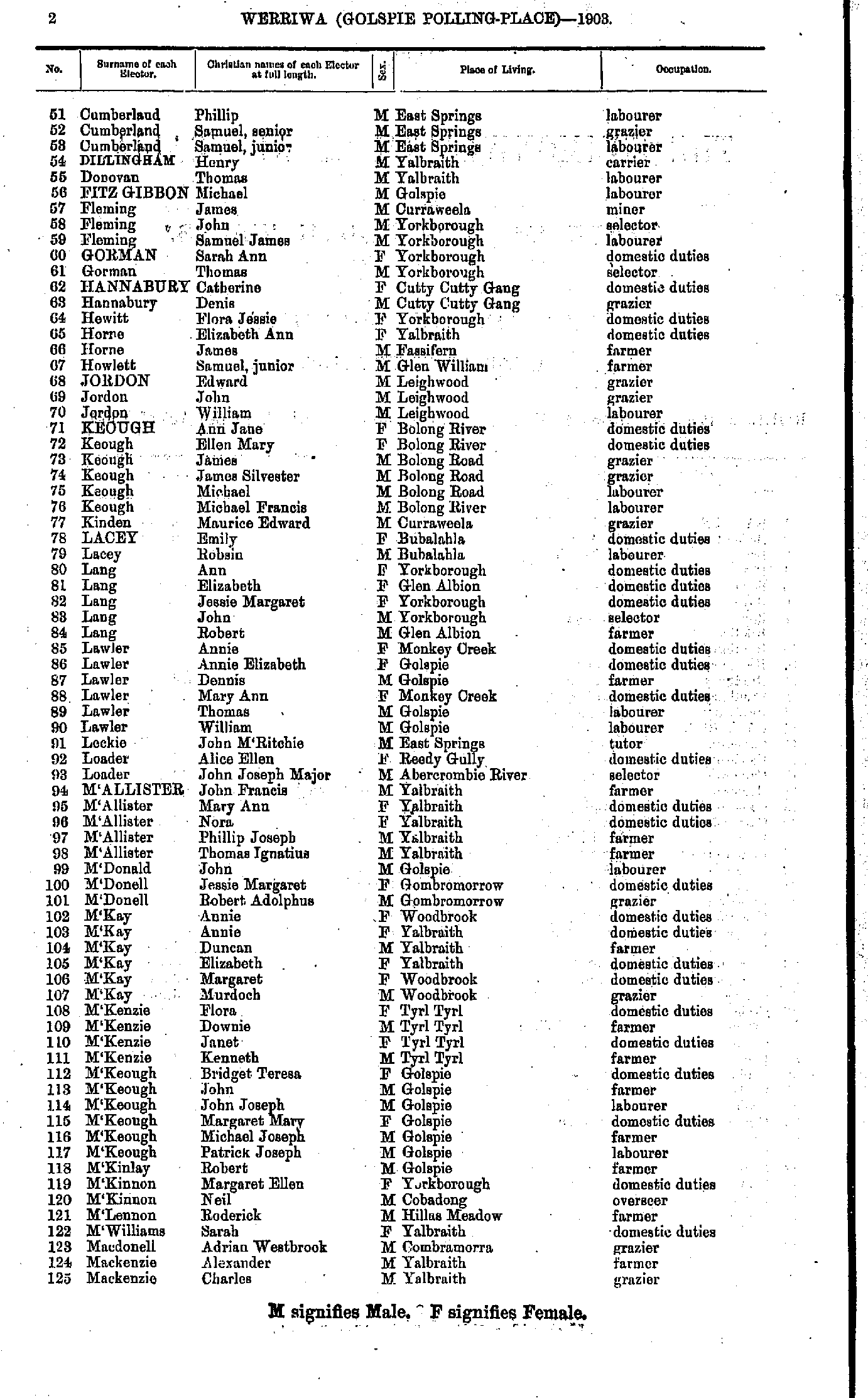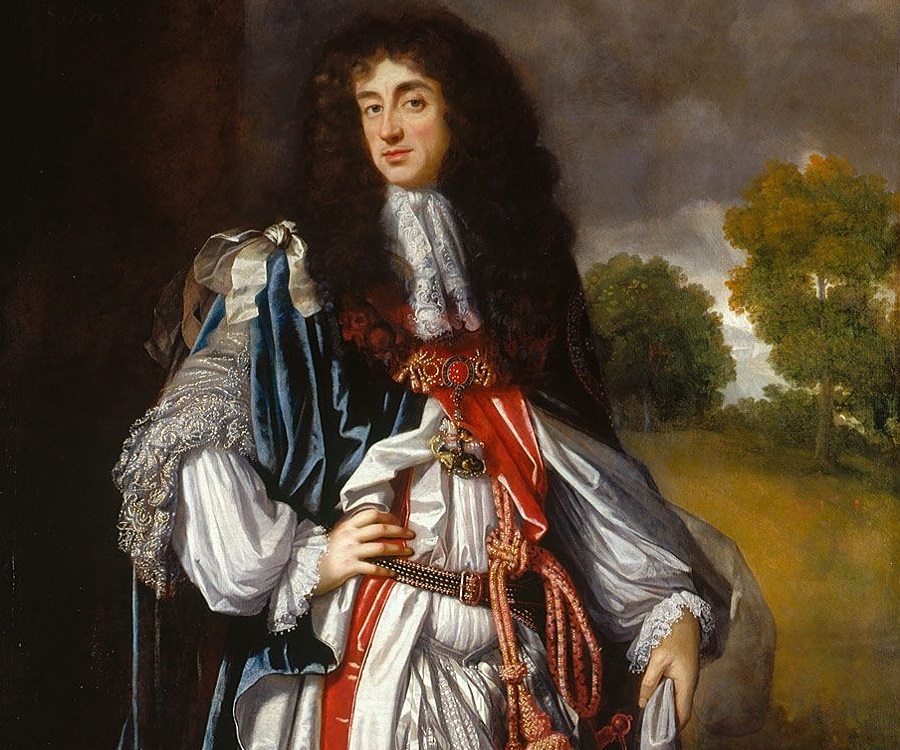


In the early part of 1669, Louis attempted to gain Dutch agreement to his acquiring all or most of the Spanish Netherlands, but the Dutch themselves were anxious to prevent a French army being stationed on or near their frontiers. Louis rebuffed Charles's approach in 1668, as Charles was not willing to join a French attack on Spain. Louis was married to Maria Theresa, the eldest daughter of Philip IV of Spain (died 1665) Maria Theresa had renounced her inheritance rights, but Louis consistently manoeuvred to acquire Spanish territory adjacent to France and to promote his wife's potential claim to the Spanish throne. Charles initially attempted to form an alliance with France in 1668, without abandoning the Triple Alliance, so was not as consistent as Louis in opposing the Dutch. Suggested motives include: a desire to gain the alliance of Europe's strongest state to ensure Charles' political and financial independence from the English parliament to put England in a position to receive a share of the Spanish Empire if it broke up (the infant Charles II of Spain had no clear heir) to gain the support of English Catholics (and possibly also Protestant dissenters) for the monarchy or to seek revenge on the Dutch for the English defeat in the Second Anglo-Dutch War, particularly the humiliating Raid on the Medway. Ĭharles's motives for secretly entering into negotiations with France, while England was still part of the Triple Alliance against France, have been debated among historians.

Louis was first cousin to Charles (through their grandfather Henry IV of France) Henrietta was also Louis's sister-in-law through her marriage to his only brother, Phillippe, duc d'Orléans. At this stage, the only participants in the talks were Louis XIV of France, Charles II of England, and Charles's sister Henrietta, duchesse d'Orléans. Following an unsuccessful attempt to negotiate with the Dutch, Louis was approached by Charles with the offer of an alliance, which was delivered secretly by Charles' sister. During 1669, friction among the members of the Triple Alliance convinced Louis that he could induce either England or the Dutch Republic to leave it. To oppose French expansion in the region, a Triple Alliance was formed between the Dutch Republic, England and Sweden during 1668, which immediately pressured Louis into signing a peace treaty with Spain. Following the peace Treaty of Breda (1667), Louis invaded the Spanish Netherlands later that year, beginning the War of Devolution. įrance took a minor role in the war, as mutual suspicion grew between the Dutch and Louis. Relations between England and France continued to deteriorate, leading to a French declaration of war against England in January 1666, supporting the Dutch in the Second Anglo-Dutch War. A Franco-Dutch defensive treaty was signed in 1662. Charles assumed that Louis would prefer an alliance with England to one with the Dutch, but this was mistaken: a treaty with England was not necessary for Louis's objectives in the Spanish Netherlands, but one with the Dutch Republic would avoid a war. The two nations had secretly discussed the possibility of forming a closer relationship after The Restoration in 1660, and Charles had suggested an Anglo-French treaty at that time, but none was signed. It is not known who first proposed an alliance between England and France, or when this possibility was first discussed. Negotiation and provisions Henrietta, Charles II's youngest sister, assisted in the negotiations that led to the Secret Treaty of Dover (). The actual treaty was published by historians a century later. The Third Anglo-Dutch War was a direct consequence of this treaty. A public treaty of Dover was also negotiated, but it was a screen designed for propaganda purposes and to hide the religious dimension of the secret treaty. The two kings exchanged letters of ratification and kept secret the existence of the treaty. The secret treaty was signed by Arlington, Arundell, Clifford, and Bellings for England and Colbert de Croissy for France. In exchange, Charles would secretly receive a yearly pension of £230,000, as well as an extra sum of money when Charles informed the English people of his conversion, and France would send 6,000 French troops if there was ever a rebellion against Charles in England. It required that Charles II of England would convert to the Roman Catholic Church at some future date and that he would assist Louis XIV with 60 warships and 4,000 soldiers to help in France's war of conquest against the Dutch Republic. The Treaty of Dover, also known as the Secret Treaty of Dover, was a treaty between England and France signed at Dover on 1 June 1670.


 0 kommentar(er)
0 kommentar(er)
